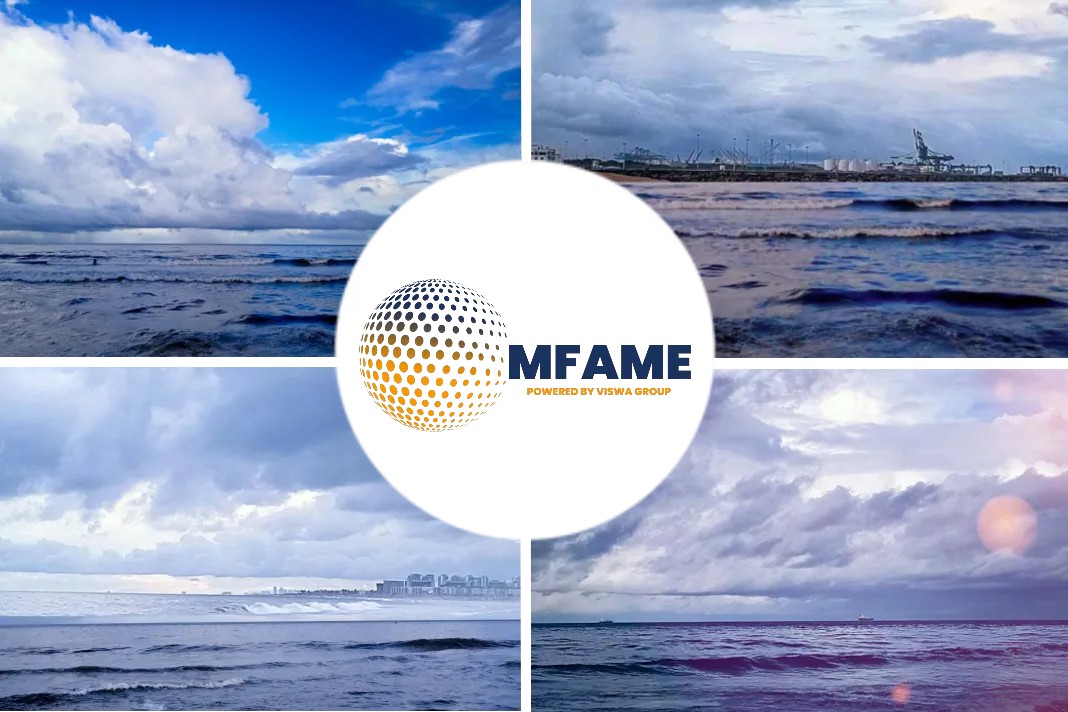- China, the biggest bunker fuel consumers and operator of the largest shipping fleets, imposed a 0.5% sulfur limit on vessels sailing within 12 nautical miles in its coastline.
- Refiners and blenders to get tax rebates for the supply of domestic LSFO to bonded bunker fuel ports by 2020.
- State-owned Sinopec announced plans to sell LSFO to 10 domestic bonded bunker fuel ports and over 50 overseas bunkering ports with a 10 million mt/year.
- Around 90% of estimated China’s bunker fuel demand at about 12 million mt/year is met through imports to China’s bonded zones, which are exempt from taxes.
- Currently, domestically produced fuel oil attracts a consumption tax of Yuan 1,218/mt ($176.18/mt) and a 13% value added tax.
- Shanghai delivered IFO 180 CST price at $422/mt on Friday and domestic 180 CST LSFO at around Yuan 4,470/mt ($647.3/mt) in Shanghai on delivered basis after taxes.
- China imported 16.44 million mt of fuel oil in 2018, of which 56% came from the trading hub in Singapore and Malaysia, most of which was sent to bonded bunkering.
According to industry and government officials, Beijing is expected to give refiners and blenders tax rebates for the supply of domestically produced low sulfur fuel oil, or LSFO, to bonded bunker fuel ports by 2020, reports Platts.
Move following Sinopec’s announcement
China is one of the biggest bunker fuel consumers and operator of one of the world’s largest shipping fleets. At the start of this year, China imposed a 0.5% sulfur limit on vessels sailing within 12 nautical miles along its entire coastline.
The tax rebate move will allow refiners and blenders to sell LSFO into China’s bonded bunker fuel market, and comes after state-owned Sinopec announced plans to sell LSFO to 10 domestic bonded bunker fuel ports and over 50 overseas bunkering ports with a 10 million mt/year of production capacity for the fuel.
Sinopec’s executives estimated China’s bunker fuel demand at about 12 million mt/year. Around 90% of this is met through imports to China’s bonded zones, which are exempt from taxes, and can only be used to supply ships on international routes.
Refiners and producers to enjoy tax refunds
Domestic refineries and fuel producers have not been able to access this market due to high consumption and value-added taxes.
With the tax rebates, domestic fuel oil will become competitive with imported barrels, potentially capping the country’s overall fuel oil imports, analysts said.
Refiners and producers will enjoy tax refunds for the supply of domestic LSFO by end-2019 so that the cleaner fuel can be used to meet tighter IMO 2020 emission standards, a source close to the Ministry of Transportation said this week.
A very supportive government
Several sources with different state-owned oil giants also said their companies had submitted documents to the State Taxation Administration for a policy that allows tax rebates on the supplying of domestic LSFO for bonded bunkering.
“The government is very supportive, and we expect the tax rebate policy to be released by the end of this year, as early as October,” a senior official with Sinopec Fuel Oil Sales Corp Ltd said. Sinopec Fuel Oil Sales is one of the biggest bunker suppliers in China and a subsidiary of China Petroleum and Chemical Corp.
Impossible to compete with tax-free imported fuel oil
Currently, domestically produced fuel oil attracts a consumption tax of Yuan 1,218/mt ($176.18/mt) and a 13% value added tax when the barrels are sold into bonded bunker ports, making it impossible to compete with tax-free imported fuel oil.
S&P Global Platts assessed the Shanghai delivered IFO 180 CST price at $422/mt on Friday. On the same day, domestic 180 CST LSFO was sold at around Yuan 4,470/mt ($647.3/mt) in Shanghai on delivered basis after taxes, according to local traders.
Why domestic LSFO will be competitive?
Domestic LSFO will be competitive after tax rebates, because Chinese refiners and producers have cheap blending resources for lowering the sulfur content, such as shale oil and coal tar oil, which have almost zero sulfur content, a domestic blender said.
China imported 16.44 million mt of fuel oil in 2018, of which 56% came from the trading hub in Singapore and Malaysia, most of which was sent to bonded bunkering, data from the General Administration of Customs showed.
China’s bonded bunker fuel oil consumption was around 12 million mt last year, market sources said.
Sinopec to increase LSFO production capacity
State-owned Sinopec, the world’s biggest refiner by capacity, said it would further increase LSFO production capacity next year should demand surpass 10 million mt/year. It expects to rely more on blending for LSFO production rather than direct refinery production.
In addition to Sinopec Fuel Oil Sales, companies supplying imported LSFO in China’s bonded zones include China Marine Bunker (PetroChina) Co Ltd or Chimbusco, China Shipping & Sinopec Supplies Co Ltd or Sinobunker, China Changjiang Bunker (Sinopec) Co Ltd or CCBS, Sinopec Zhejiang Zhoushan Petroleum Co Ltd and other private and state-owned companies.
Did you subscribe to our daily newsletter?
It’s Free! Click here to Subscribe!
Source: Platts

















